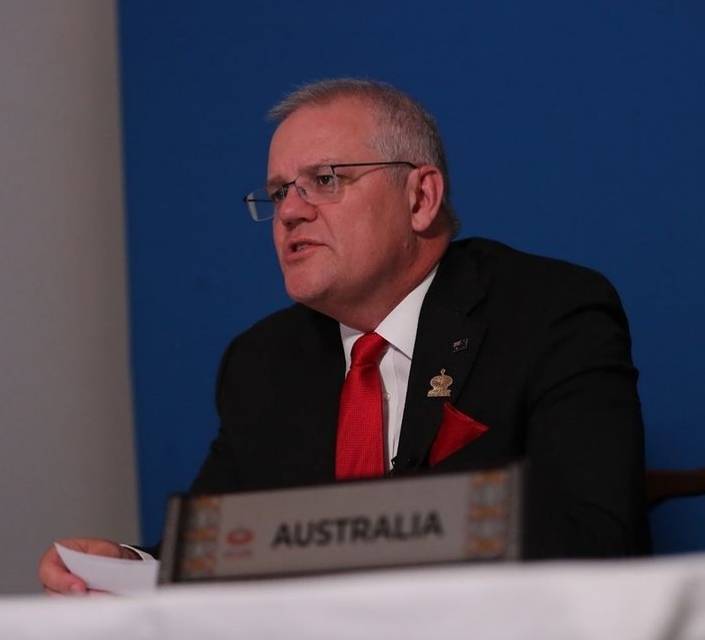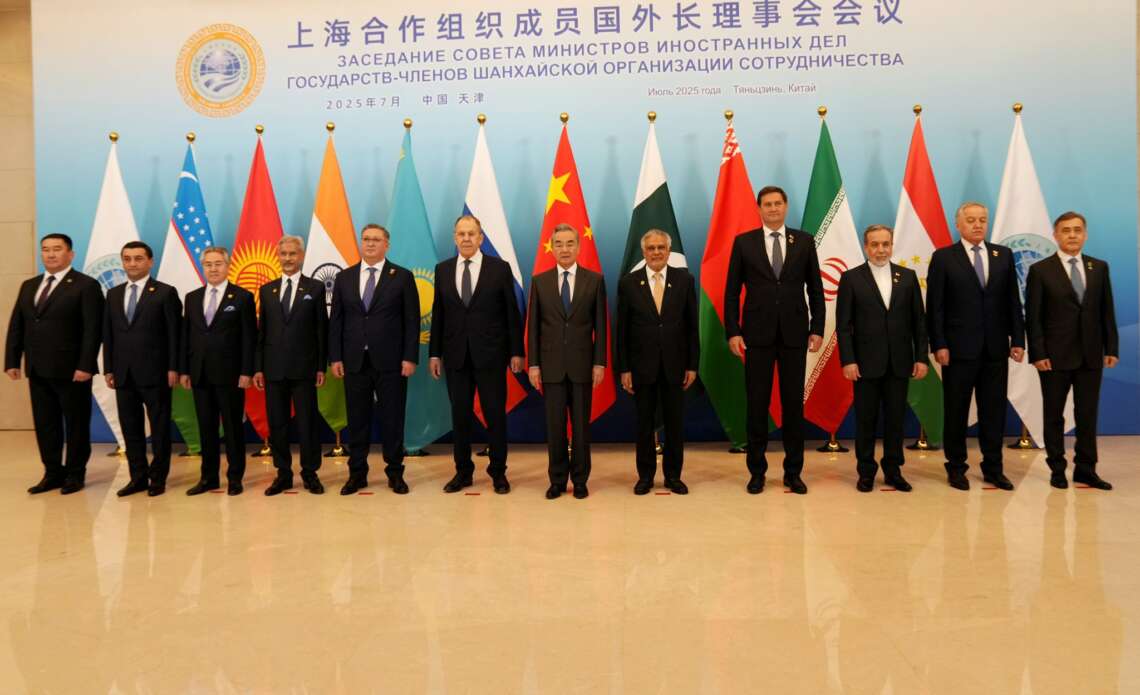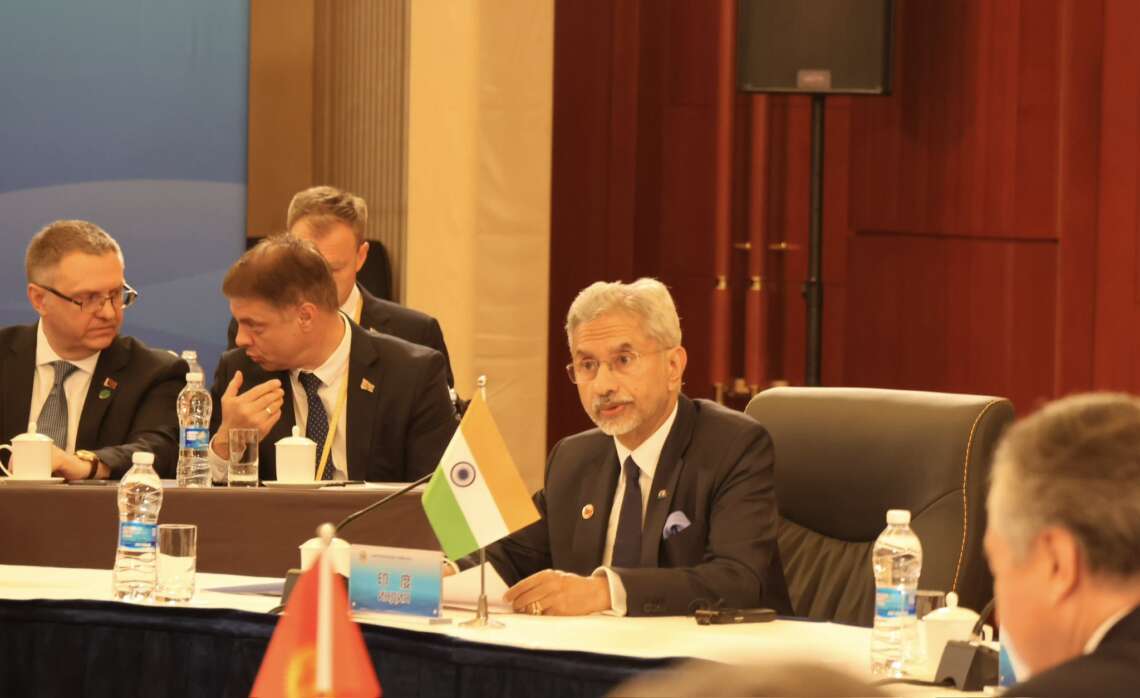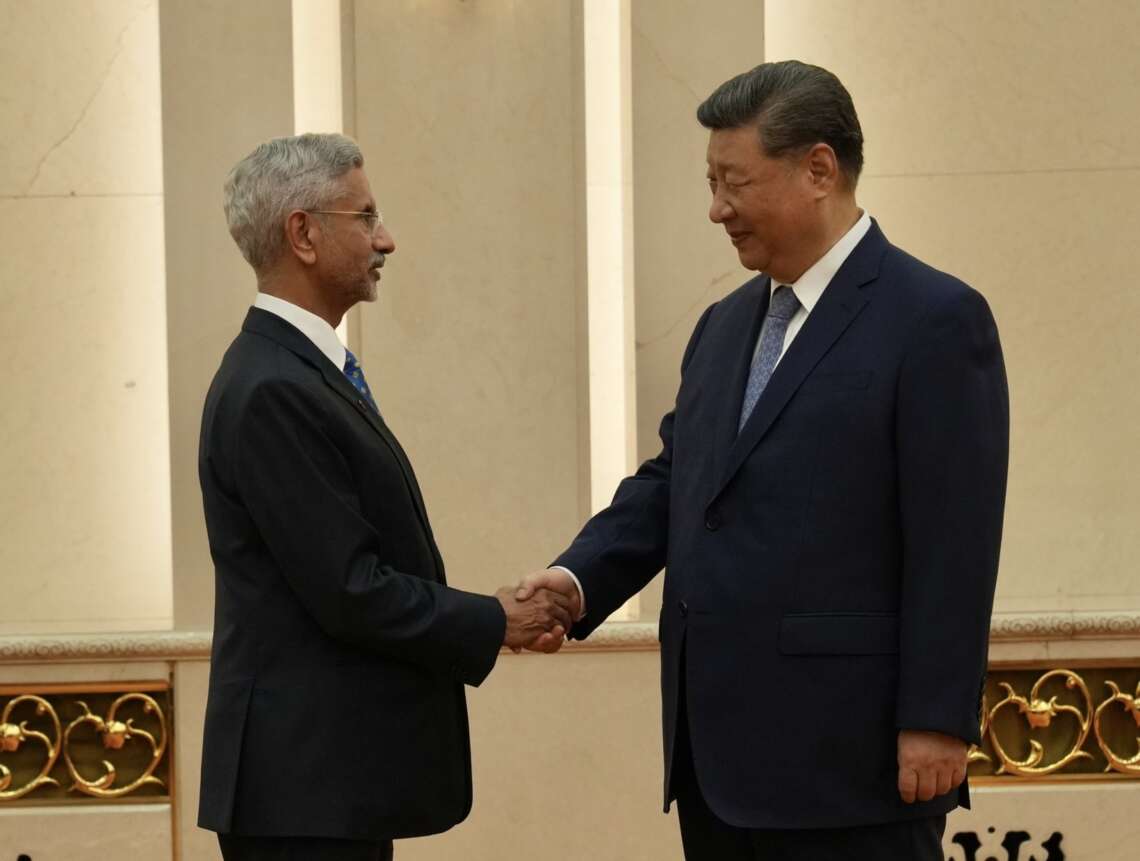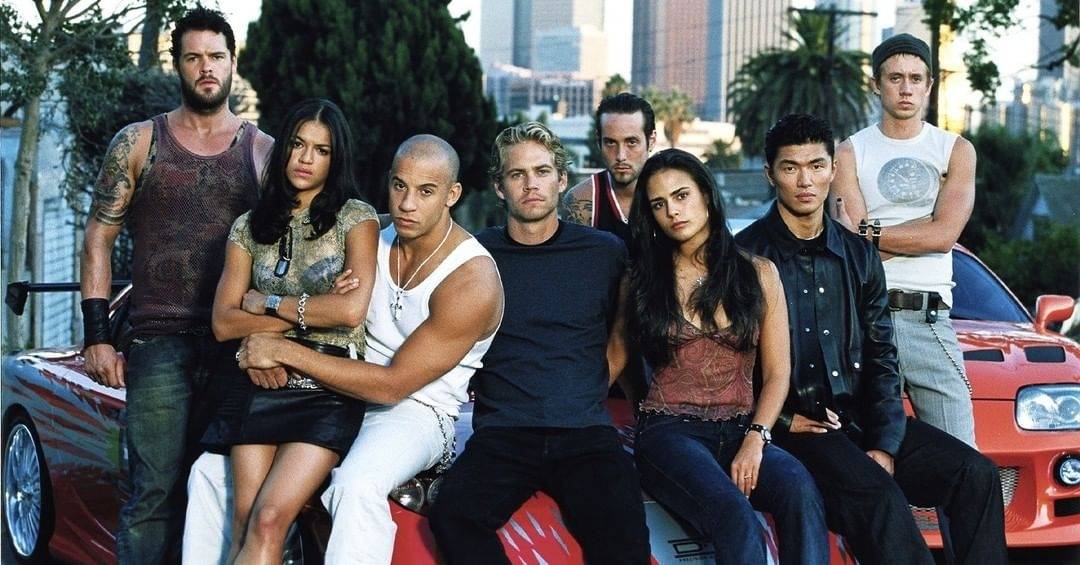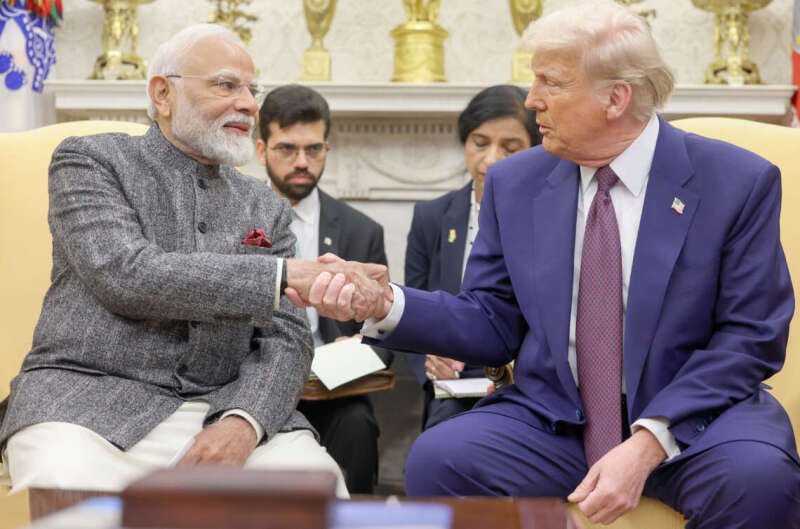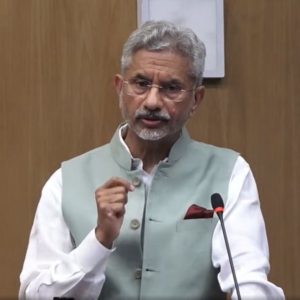Australian Foreign Minister Marise Payne said that the BRI deal has been cancelled under the Commonwealth’s new foreign veto laws…reports Asian Lite News
Australia has cancelled the controversial Belt and Road (BRI) agreement with China saying it goes against its national interest, in a decision that will further increase tensions between Canberra and Beijing.
In an official order issued on Wednesday, the Scott Morrison government scrapped the agreement signed between the state government of Victoria and the National Development and Reform Commission of China, which was signed on October 8, 2018. It also cancelled a framework agreement signed between the two sides on October 23, 2019.
Australian Foreign Minister Marise Payne said that the BRI deal has been cancelled under the Commonwealth’s new foreign veto laws. This scheme requires the federal government to cancel agreements that states, territories, local governments and universities enter into with an overseas government if they contradict the country’s national interest, The Sydney Morning Herald reported.
Initiated in 2013, the BRI is Xi Jinping’s grand plan to connect Asia with Africa and Europe via land and maritime trade networks to create new routes for China.
The Australian Foreign Minister said she considered the agreements to be “inconsistent with Australia’s foreign policy or adverse to our foreign relations”.The Sydney Morning report said that the Morrison government and national security experts were concerned that China was using the agreement with Victoria as a propaganda win to claim the that state government had broken ranks with Australia’s China policy.
Also read:New Zealand-Australia travel bubble soon
Moreover, they are also worried that China was using the BRI to load up poorer countries with debt and reduce Australia’s influence in the region.
Sino-Australian relations have been in a downward spiral since April last year when Canberra infuriated Beijing by proposing an independent international inquiry into the origins of the Covid-19 pandemic.
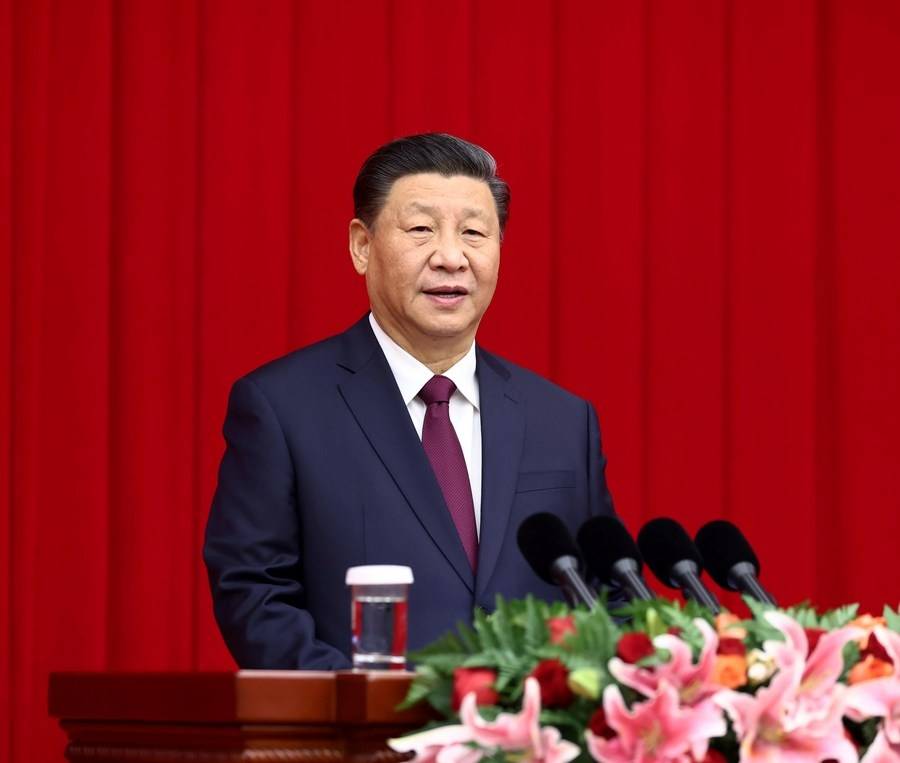
Canberra has been locked in an ongoing trade war with Beijing for several months, which has seen China slap sanctions on various Australian products.
Beijing has slapped several restrictions amounting to billions of dollars of Australian exports, including beef, barley and wine, citing dumping and other trade violations that analysts widely view as pretexts to inflict economic retaliation.
China has unofficially banned Australian imports of coal, sugar, barley, lobsters, wine, copper and log timber since November 2020. It has also imposed anti-dumping duties on barley.
Also read:Australian troops to exit Afghanistan by September


